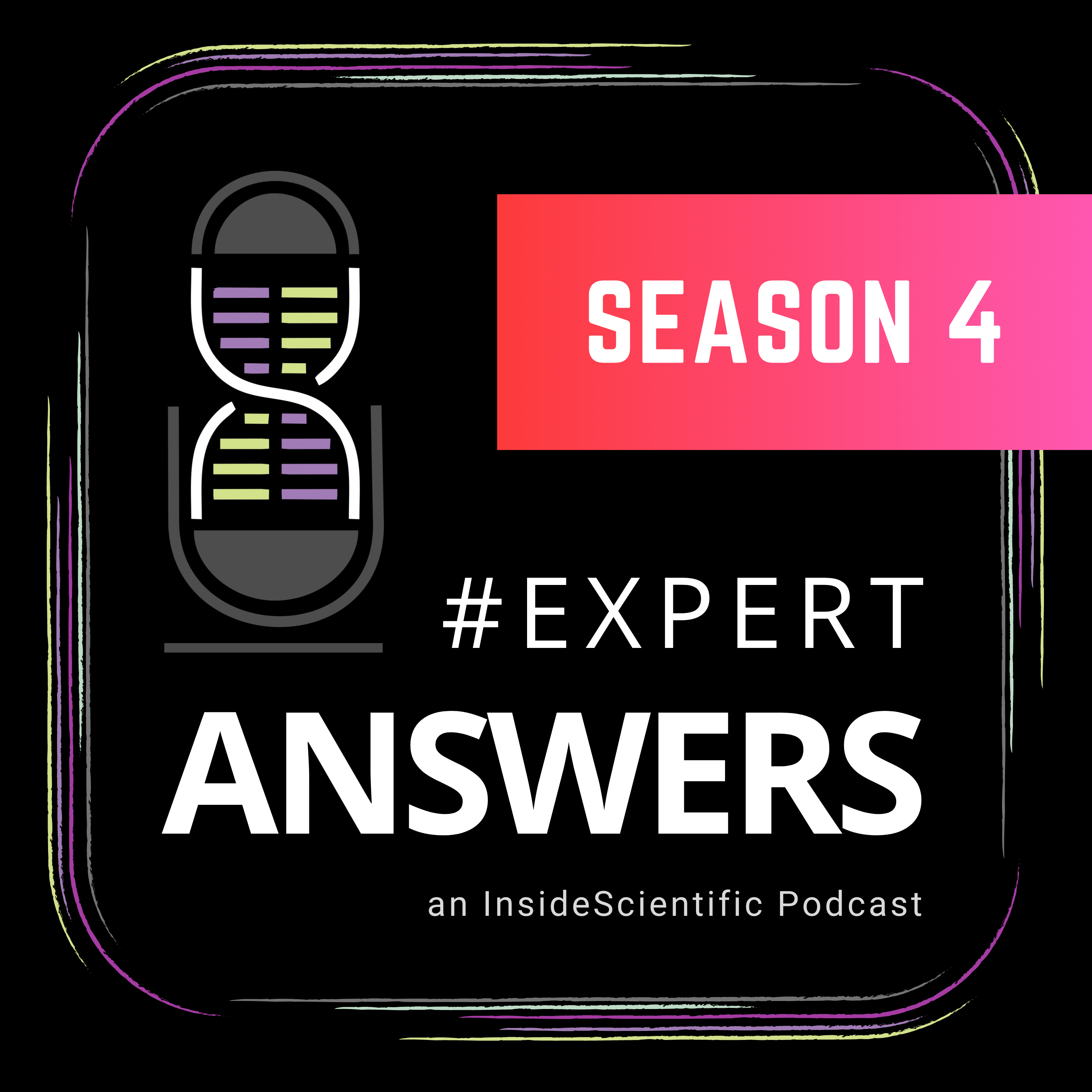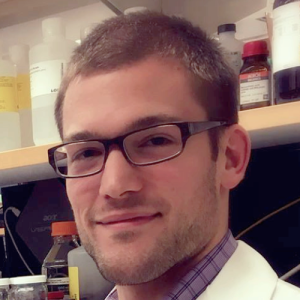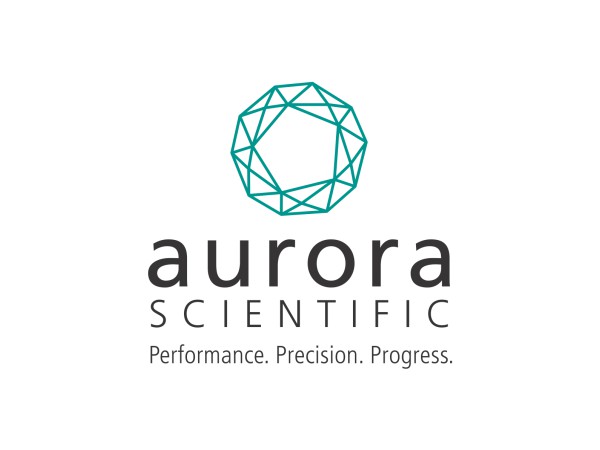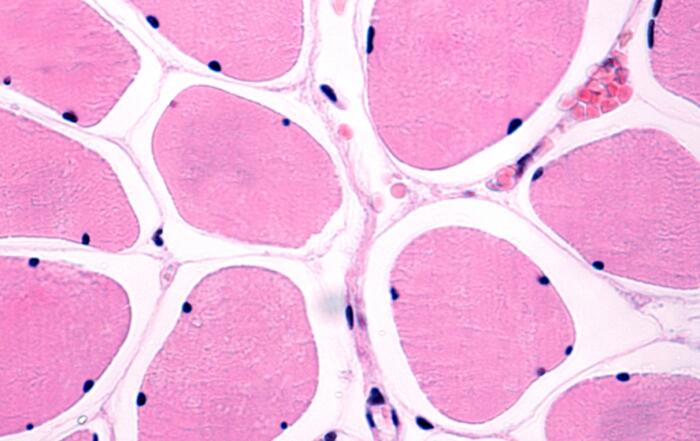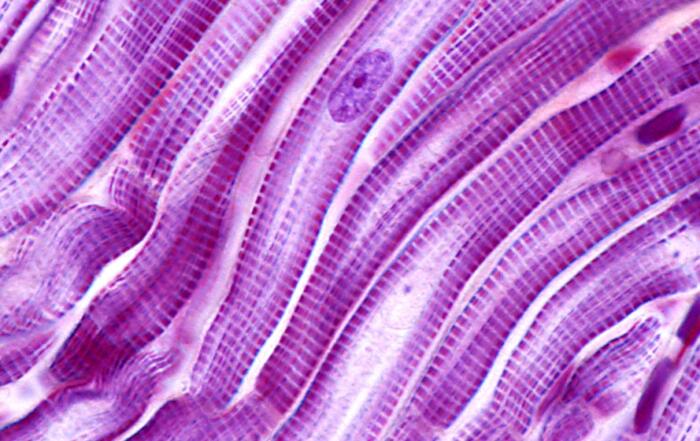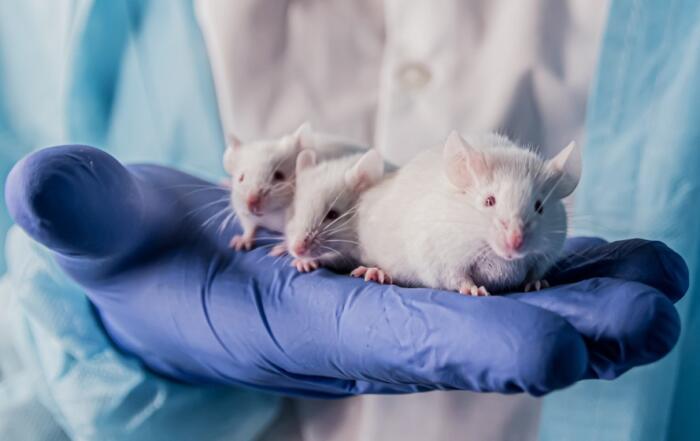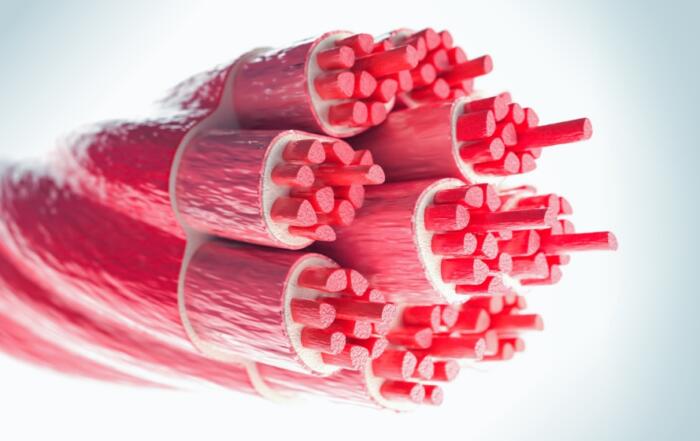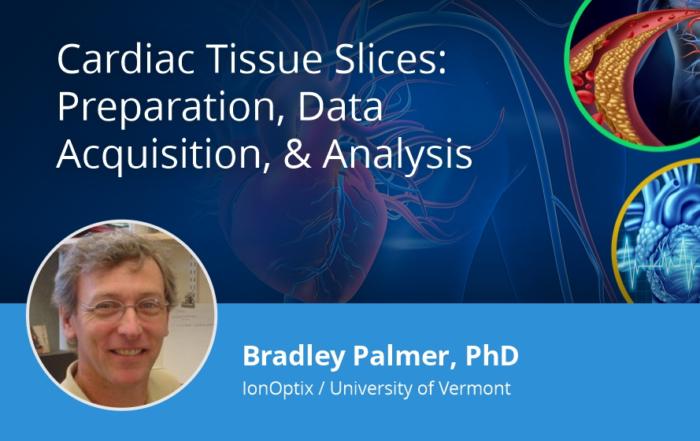Dylan Sarver and Matthew Borkowski show how to study the mechanical properties of tendon and connective tissue samples by completing stress/strain assays using a novel Dual-Mode Lever System.
Characterizing the mechanical properties of tendon and other connective tissue allows us to better investigate the very profound ways that parameters such as sex, aging, and injury affect our bodies.
In this webinar presented by Aurora Scientific, Matthew Borkowski and Dylan Sarver discuss how to characterize the structural and functional properties of tendon. Specifically, Mr. Borkowski describes the engineering behind the multi-purpose Aurora Scientific Dual Mode Lever — a fast actuator and sensitive force transducer in one — and how this device can be used to study connective tissue.
Following, Mr. Sarver discusses his current research focused on sex-related differences in the structural and functional status of Tendon, from macromolecular structural properties to transcriptomic, proteomic, and cell biology of resident tendon fibroblasts. He explains why tendon research is important, reviews methodology for investigating tendon structure and function, and discusses research findings supporting sex-related differences in tendon.
Resources
To retrieve a PDF copy of the presentation, click on the link below the slide player. From this page, click on the “Download” link to retrieve the file.
Presenters
PhD Candidate, Research Associate
University of Michigan
General Manager
Aurora Scientific Inc.
